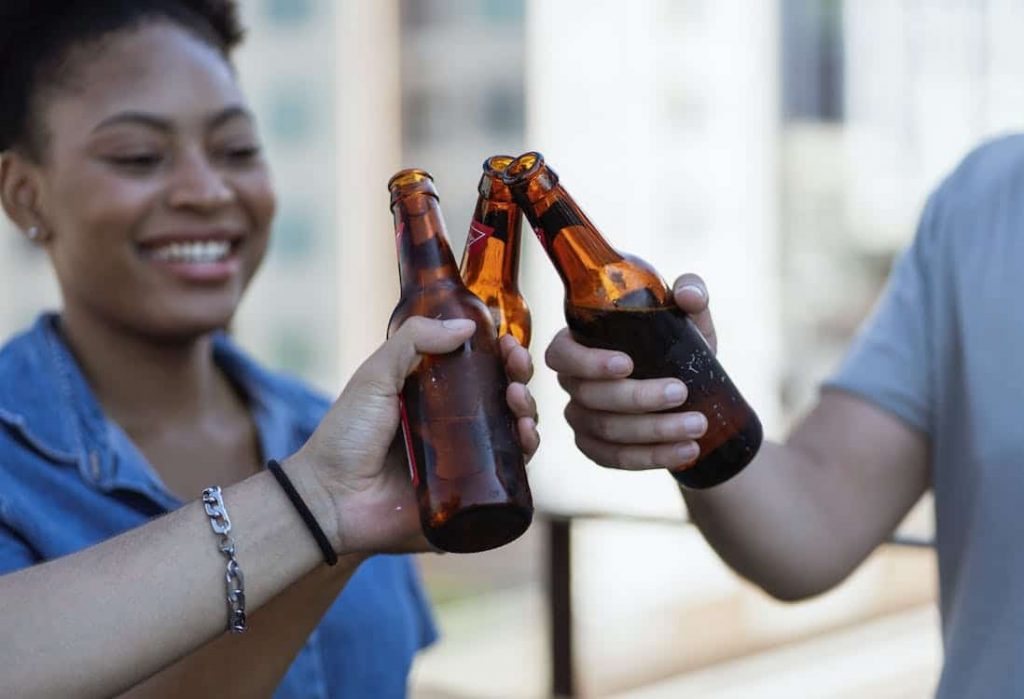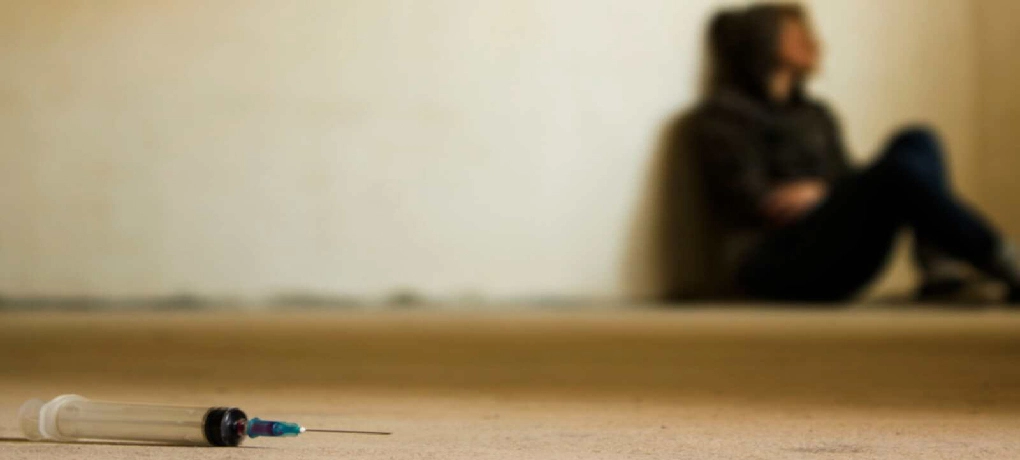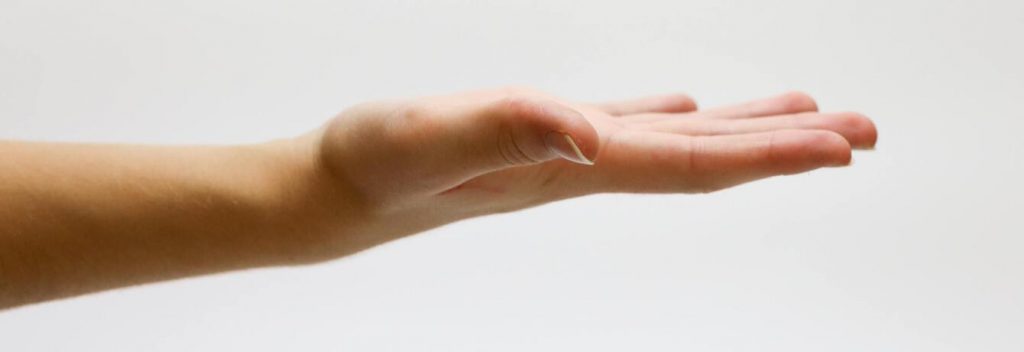How to Rewire Your Brain from Addiction

Key Points Understanding Addiction and the Brain Addiction fundamentally changes the brain, affecting areas responsible for decision-making, impulse control, and pleasure. Substances like alcohol, opioids, and methamphetamine alter neurotransmitter levels, particularly dopamine, creating a cycle of dependence that is difficult to break [1]. However, the brain has an incredible ability to heal itself through neuroplasticity—the […]
5 Celebrities Who Got Real About Their Addiction

Alcohol or drug addiction can affect just about anyone at any time. Addiction does not discriminate against anyone. While we may view celebrities as people who have it all; money, fame, expensive houses and clothes, we often forget that they are sometimes the ones who struggle the most with drug addiction. Here we will discuss […]
Drug Addiction vs Drug Abuse? What are the Differences?

Drug Addiction vs Drug Abuse proves to be a very controversial subject in that one may lead to the other without the person realizing they have a problem. Drug abuse is excessive use of a drug for non medical means regardless of the social, physical, or psychological that may occur from each use. (Ex: steroids, […]
What Should A Person Consider When Choosing A Drug Treatment Program?

When you are considering a rehab center, you need to be aware of the different types of addiction they are offering. Understanding the different therapies should be a contributing factor in choosing the facility that is right for you. There are other factors that should be included in choosing a facility. Here are some listed […]
The Best Ways to Ask for Help with Addiction

We Understand the pain of being an addict and the problems they face in asking for the help. Asking for the help when you are an addict is not an easy task and under this tremendous pressure people are likely to fall pray to addiction and give up. There are many instances when people have […]
